Our Work

Elephants
Wildlife SOS leads efforts to protect endangered wild elephant populations in India, as well as rescue, treat and care for elephants exploited and abused for tourism and “begging”. We work closely with the Forest Department and other agencies to help enforce wildlife protection, anti-poaching and anti-trafficking laws.
Wildlife SOS cares for 30 elephants at several sanctuaries which include the treatment unit at ECCC specially equipped to care for elephants needing check-ups, special treatment for chronic injuries and emergency care. We also have a dedicated elephant ambulance, rescue teams and a network of informants and undercover staff.
Bears
Wildlife SOS leads conservation and rescue efforts for vulnerable sloth bears, Asiatic black bears, brown bears, and moon bears. We are best known for our efforts to eliminate the “dancing bear” trade in India, rescuing the last captive sloth bear from this abusive practice in 2009.
With approximately 300 bears in our care at 6 sanctuaries throughout India, Wildlife SOS continues to study and care for wild bear populations. We treat bears caught in wildlife-human conflicts, those injured by snares or poachers, and often release them back into the wild once they are rehabilitated.
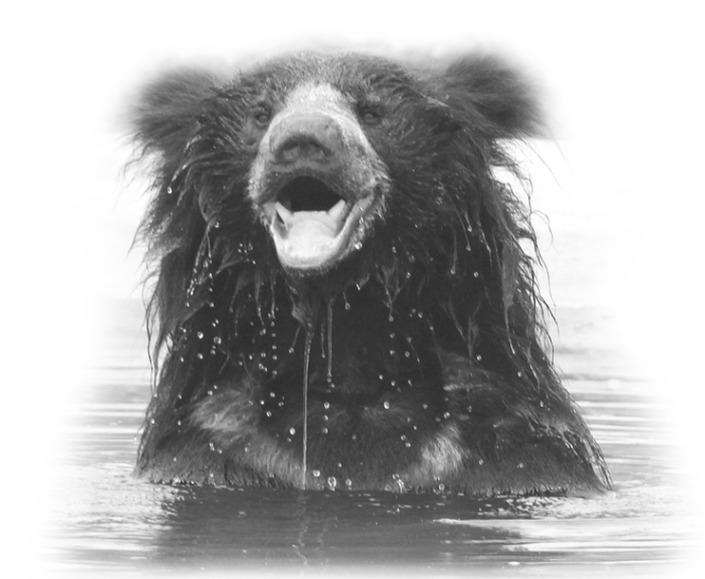

Leopards
Indian leopards, once widely distributed across the Indian subcontinent, have come under increased threat due mainly to habitat encroachment and poaching. Our mission is to encourage tolerance and acceptance of these magnificent species by the communities that have to coexist with them.
Wildlife SOS treats and releases many leopards injured or displaced in conflicts with humans. We operate a leopard sanctuary caring for over 30 leopards that have suffered permanent and debilitating injuries making them unfit for release back into the wild.
Reptiles & Others
Derived from a Latin word ‘Reptilis’ also ‘creepy crawling’, reptiles are cold blooded animals, that lay eggs…. scales on their bodies. These are air breathing vertebrates which include snakes, alligators and crocodiles, lizards and turtles. India is home to a range of snake species from that of extremely venomous snakes like the cobra, common krait and in some cases even saw scaled vipers & Russell’s viper to relatively harmless and non-venomous ones like the common sand boa, red sand boa, wolf snake, rat snake, cat snake, royal snake, kukri, checkered keelback, bronzeback tree snakes. We also find Indian Rock pythons, one of the largest snake species in India.
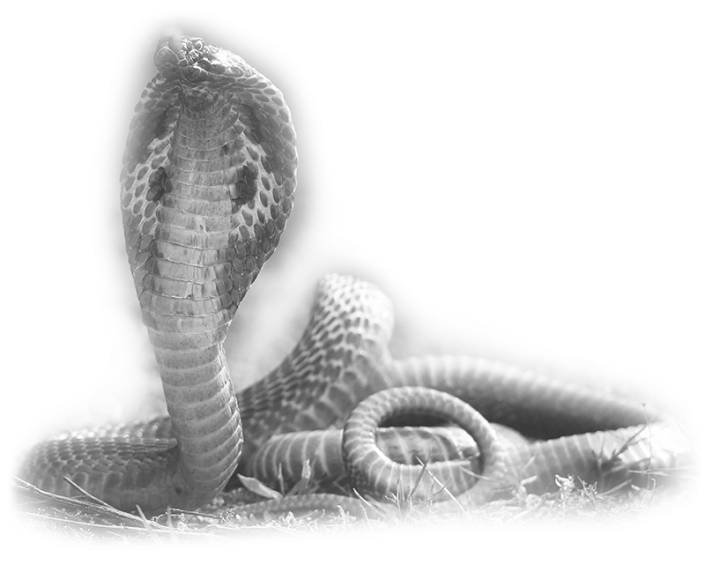
Conservation
The primary reason for the founding of Wildlife SOS has been to rescue and rehabilitate wildlife in distress in both urban and rural environments. Wildlife SOS rescues a number of orphaned, injured, and displaced wildlife found in cities and locations from wherever they work in India. Injured animals are given medical treatment and many are released back into the wild. Where this is not possible, permanent homes are provided for the animals at one of our many rescue facilities.

Restoring Habitats for an Equitable Future
Wildlife SOS has initiated the Rewild for Wildlife project to plant native trees.

Open Wells Conservation Project
Covering up open wells of Maharashtra to prevent animals (especially leopard) from falling in
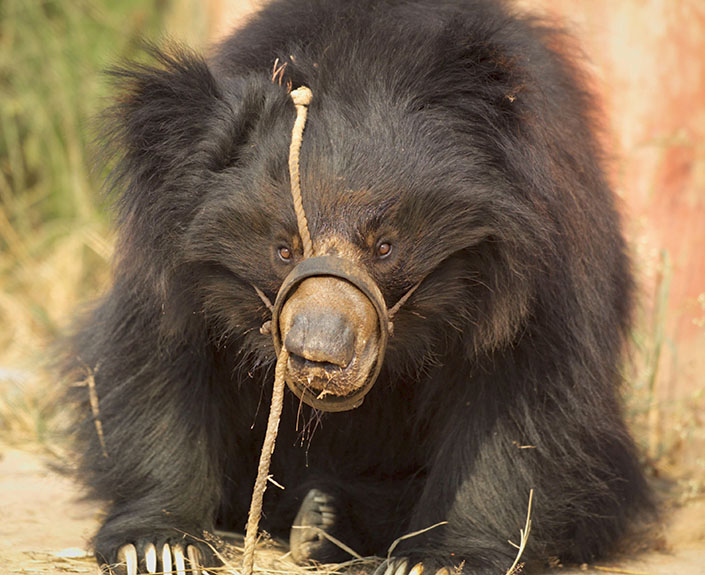
“Dancing Bear” Project
Eradication of the barbaric 400-year-old “dancing bear” practice in India and provide lifelong care and sanctuary to the bears we rescue.
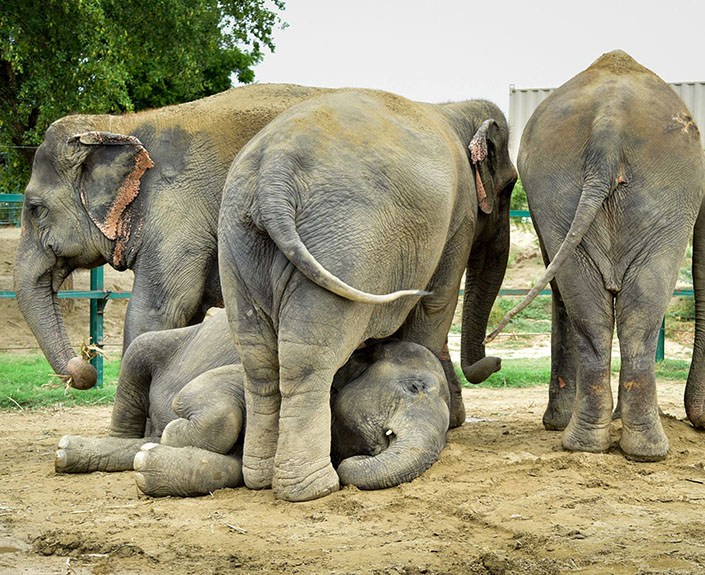
Elephant Conservation & Care
Rescuing and rehabilitating captive elephants from abusive conditions and providing lifelong care in their healing journey.
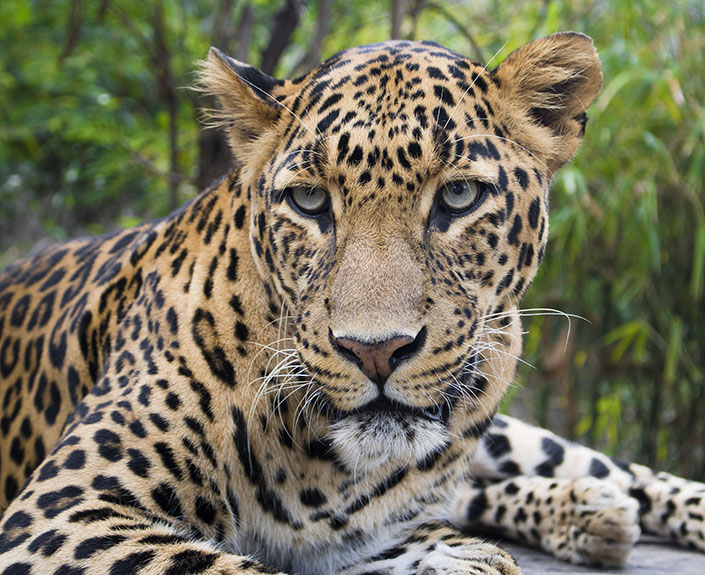
Leopard Conservation
Working towards mitigation of man-leopard conflict, and rescuing orphaned and injured leopards for lifetime care.

Tribal Rehabilitation Program
Enable the indigenous communities to have alternative sustainable livelihoods after giving up their bears.

Human-Bear Conflict Mitigation
Protect and provide medical aid to bears in India vulnerable to conflict, poaching and other threats.
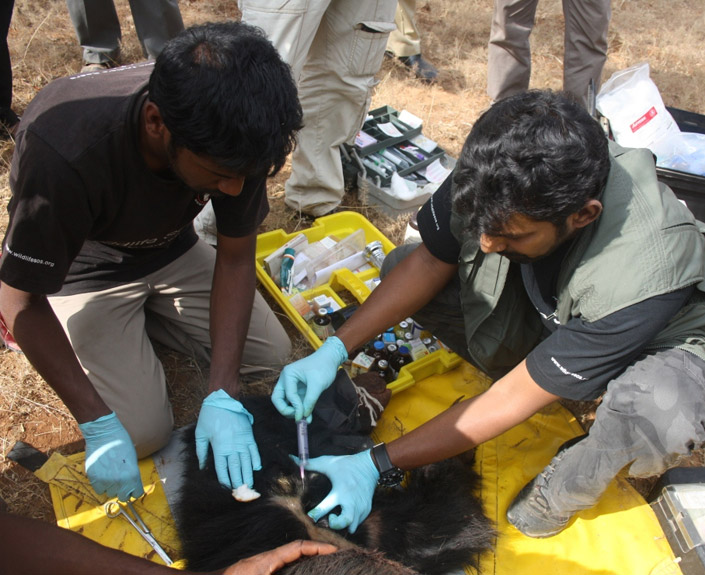
Human-Wildlife Conflict Mitigation
Provide hotlines for the rescue, assistance and dedicated medical care to injured or displaced wildlife.

Anti-Poaching
The Forest Watch programme assists the Forest Department and law enforcement to crack down on wildlife traffickers, poachers and smugglers.
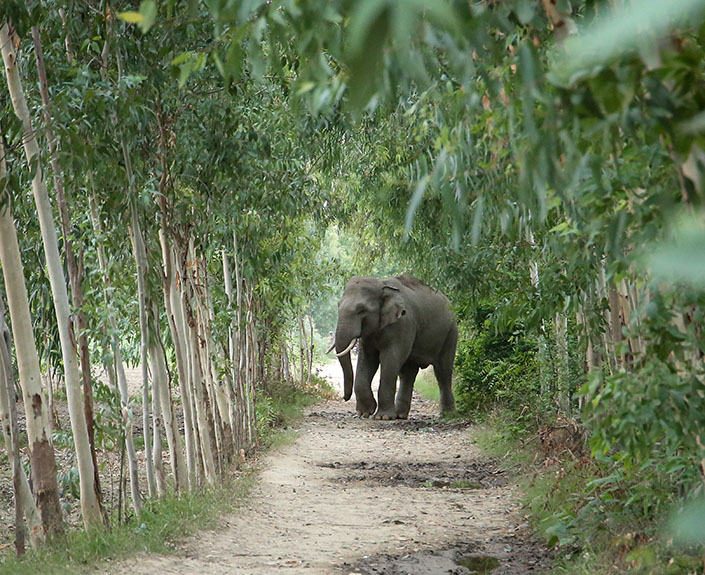
Human-Elephant Conflict Mitigation
Mitigate conflict with wild elephant herds and provide education in the Chhattisgarh region of India.

Habitat Conservation
This conservation project aims to protect precious sloth bear habitat near the Ram durga Valley in Koppal, Karnataka, India.
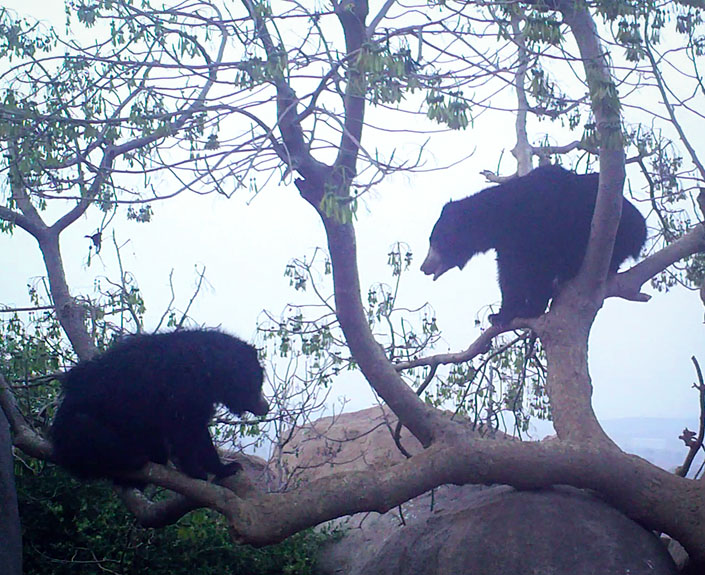
Research and Conservation
Wildlife SOS recognizes that human caring and understanding is crucial to saving wild animals and protecting the habitats
